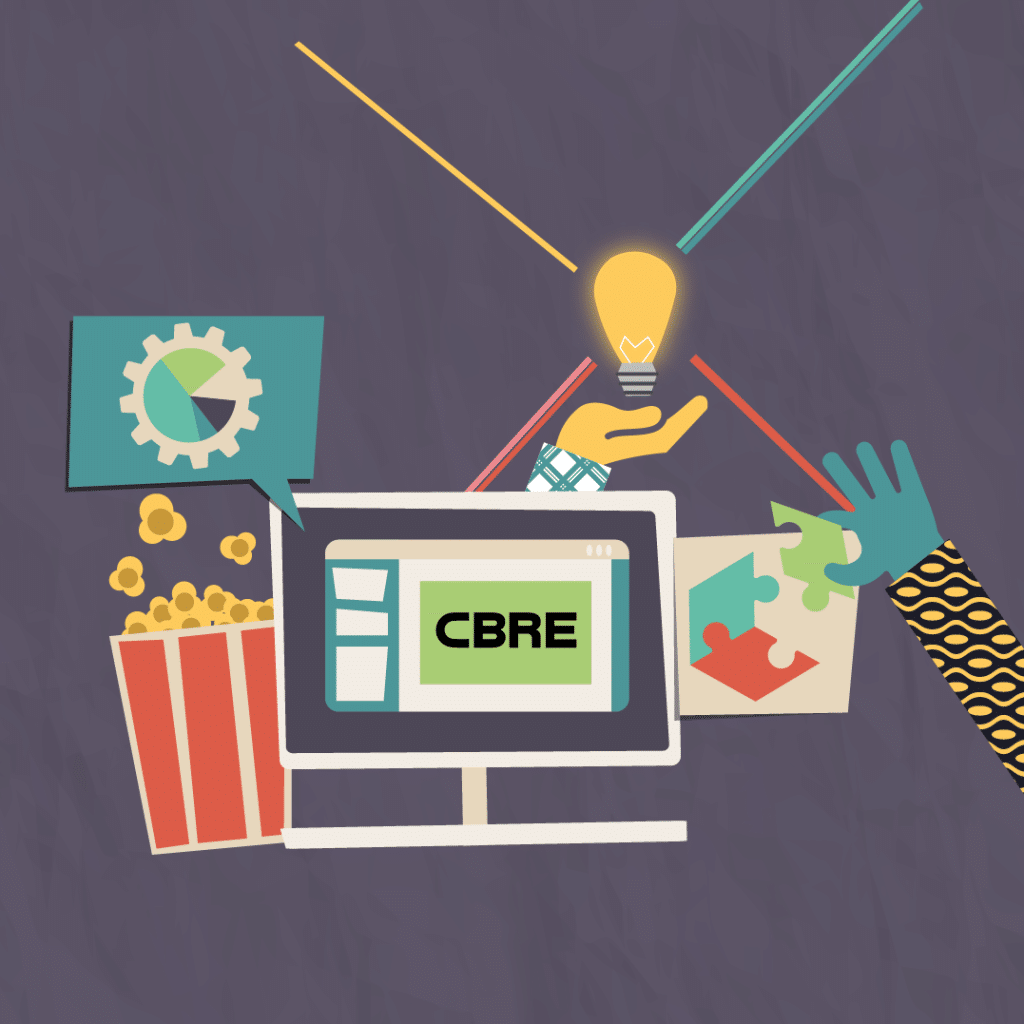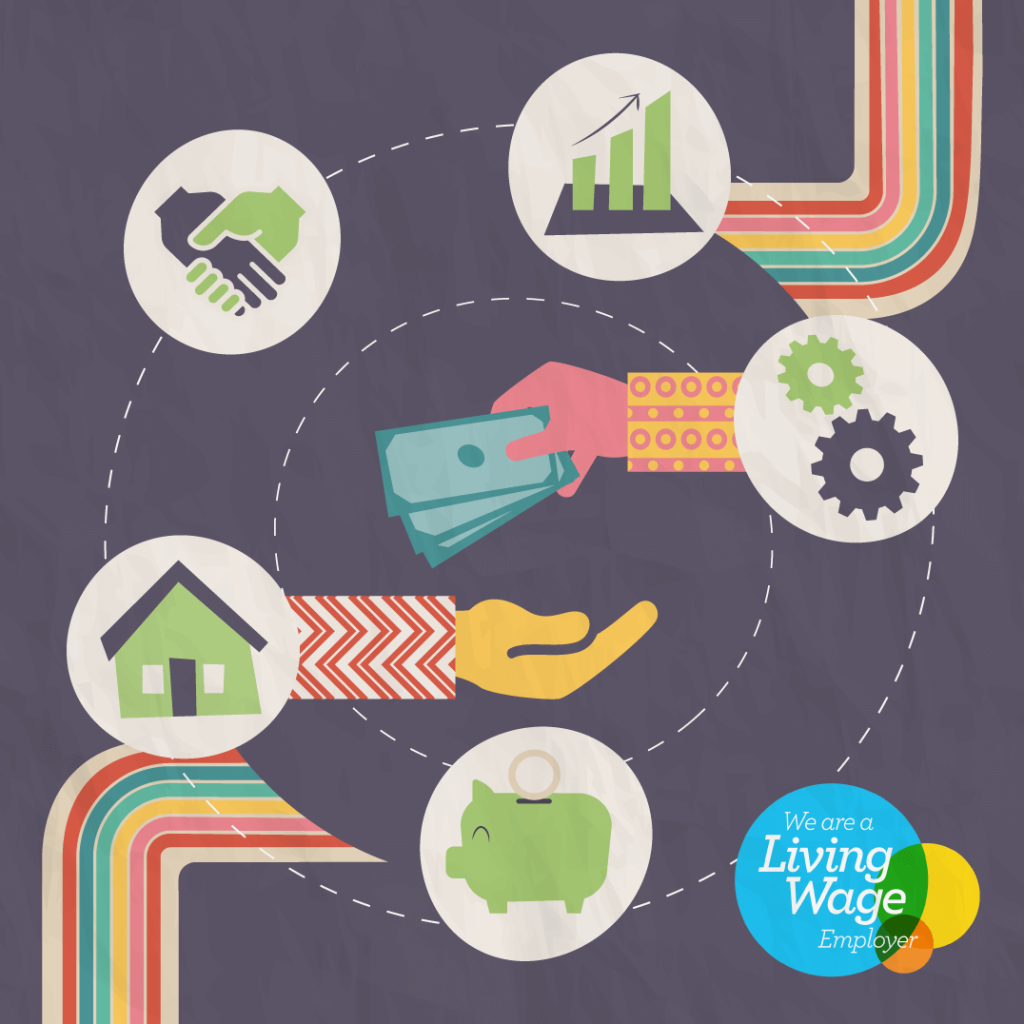Having just watched the latest season of Clarkson’s Farm, I’m all too aware that there’s more than one AI out there. This blog is definitely about Artificial Intelligence, not the one that ends up with cows getting pregnant.
I noticed a post a week ago from Don Taylor that showed some of the results from this year’s annual Global Sentiment Survey. The poll’s single obligatory question is: ‘what will be hot in workplace L&D in 2023?’
As ever, the poll is a useful litmus test to see where the sector’s collective heads are at – and this year, AI has bounced back up to the number two spot on the list.
This got me thinking: will AI be such an important area within workplace L&D? In fact – has AI even got a place in learning? Afterall, some of the news reports recently don’t exactly paint AI in a great light. Google’s AI bot scored the mother of own goals and wiped $100 billion off the value of its shares. Meanwhile, Bing’s AI bot told a reporter it wants to ‘be alive’, ‘steal nuclear codes’ and create a ‘deadly virus’.
Cheery.
Fortunately, AI is more than just a chat function designed to emulate human responses. In fact, AI has a huge number of uses and, rather than being seen as a single thing, is better considered as a way to improve loads of things. Kind of like butter.
For example, showing value has been listed as number nine on the Global Sentiment Survey poll (why this isn’t number one on everyone’s agenda is baffling, especially while reducing costs is number one on business leaders’ agenda). AI can help with this through improved assessment marking of free-text responses as well as the more standard multiple choice questions. AI can also help to identify specific information or concepts that learners are missing, so the L&D team can deliver targeted follow-up.
In fact, some of the areas where AI can make the biggest improvements within workplace L&D is in reducing time spent on tedious admin tasks to free up time for more meaningful ones.
Adaptive learning is another area whereby AI can make a tremendous improvement. This technology assesses a learner’s current level, and then provides them with content tailored to their exact learning needs. This means that people already competent in a subject can by-pass the stuff they already know and focus only on the areas where they need to improve – something that we’ve been huge advocates of at Popcorn for many years.
And, of course, there are heaps of other good examples of how AI can help too. Check out this useful post from the University of San Diego if you’d like to find out more.
AI needs to be monitored and controlled. The blog I mentioned above raises important questions about ethics, and this is only franked further by the news stories I’ve already referenced. The thought of AI-generated content also leaves me feeling a bit cold. I personally don’t want to visit an art gallery where every painting has been created by AI. Nor do I want to read a novel written by a non-human author. And I don’t want to be taught something that has been created completely by artificial intelligence either. The process of teaching and learning is a transaction that relies on trust, credibility and authenticity – three human characteristics that, for me, should always remain as human characteristics.
So, back to my original question: has AI got a place in learning? Yes, I believe it has. But as with every other new trend or technology, it’s not the panacea for all ills. It’s something that, when used effectively, can enhance existing technology to improve the learning experience, make knowledge transfer more effective, and streamline processes. But it won’t magically patch up a flimsy L&D strategy and it won’t generate content at the touch of a button without losing an important human element as a result.
___
Mark is one of Popcorn’s co-founders and directors. Since 2002 he’s developed and delivered hundreds of courses, both online and face to face. He’s worked both as part of an internal L&D function and as an external consultant. His actions have generated many millions of pounds worth of revenue for the organisations he’s worked with. He’s also partial to coffee and a nice pale ale, although fortunately, not in the same glass.






